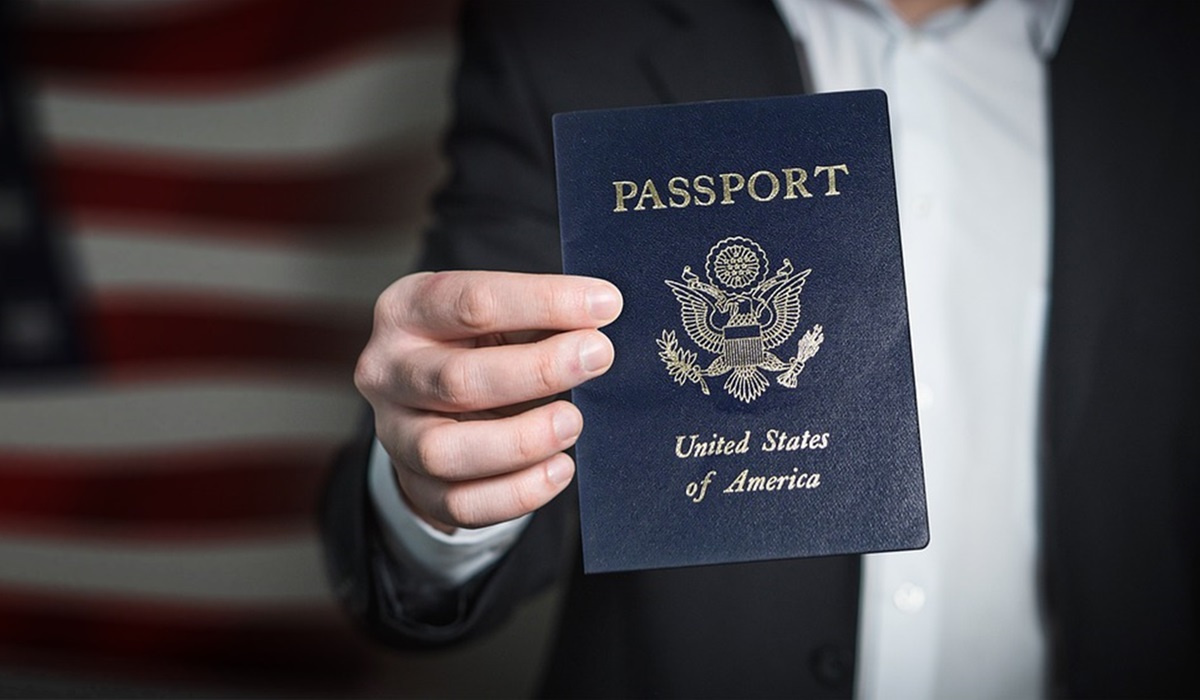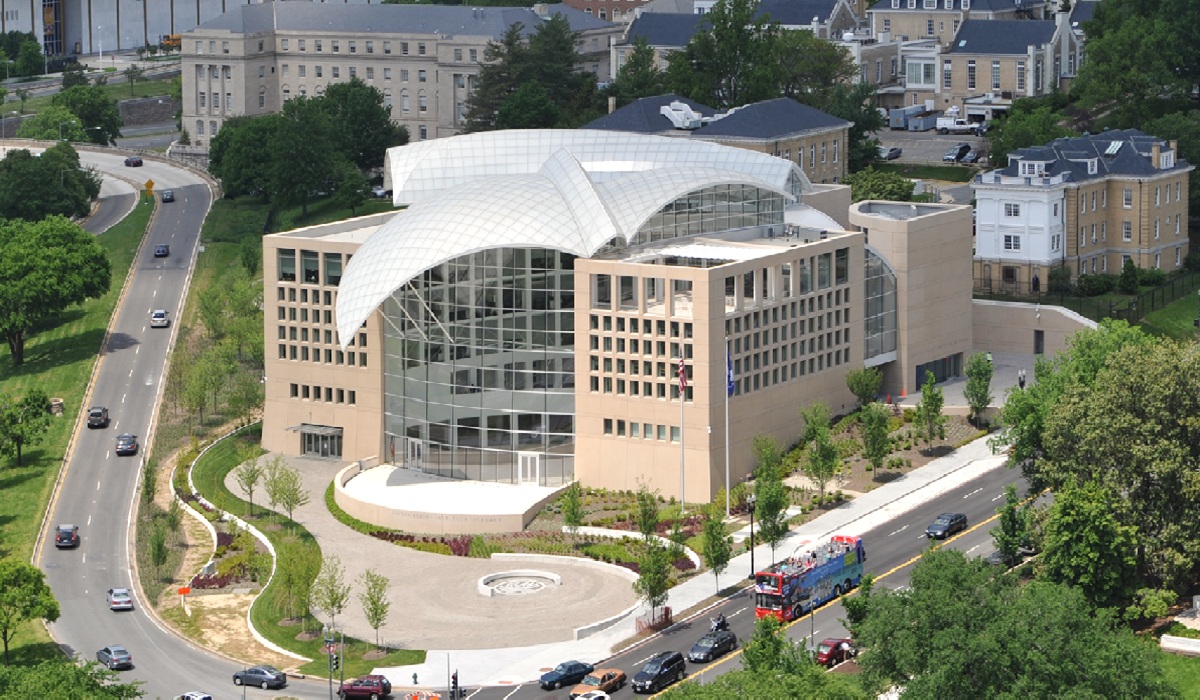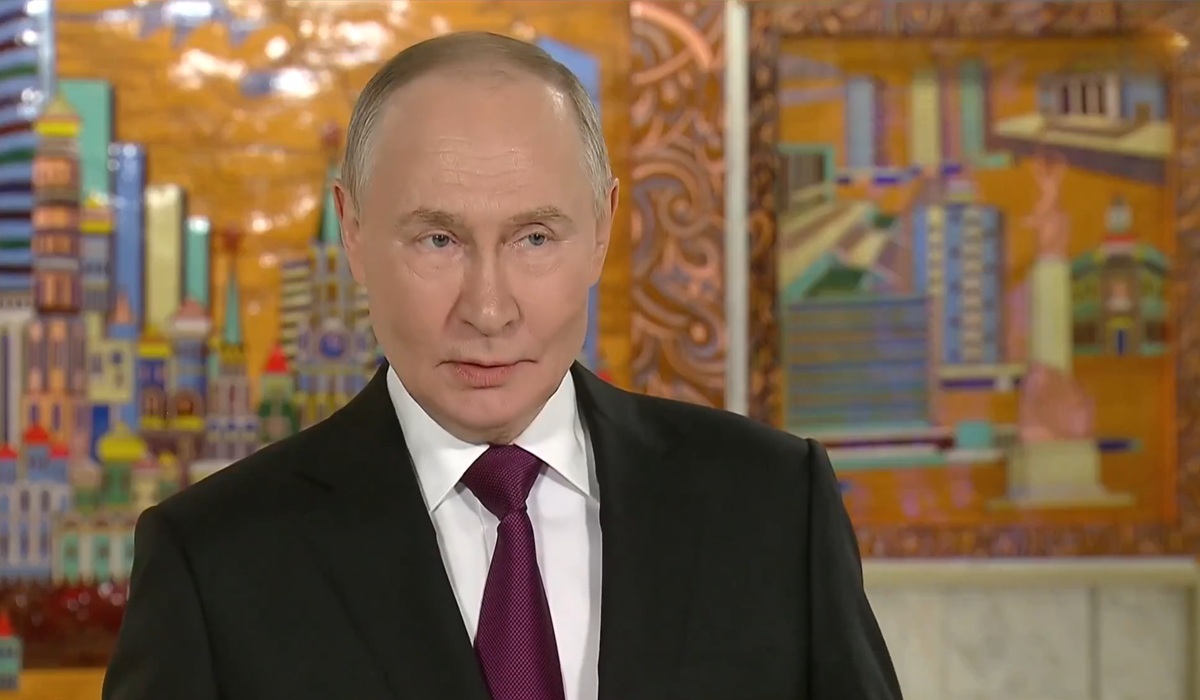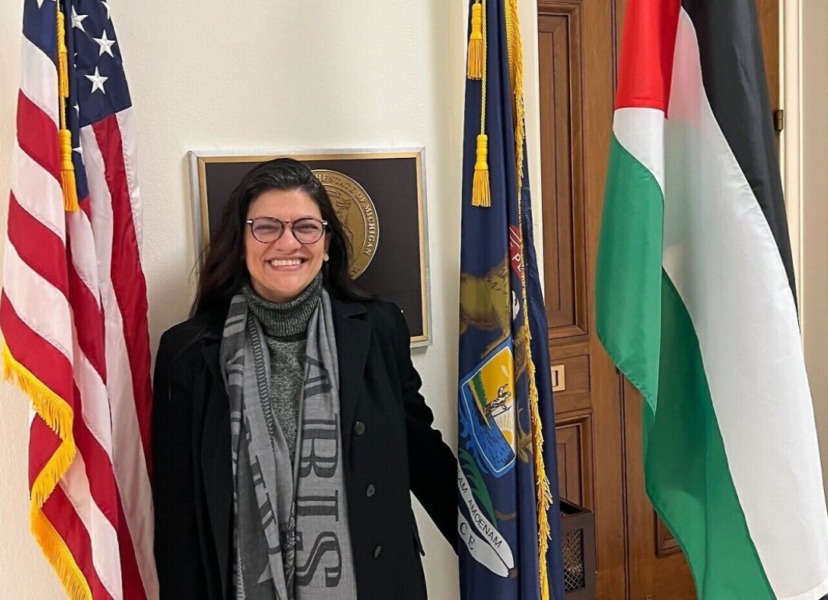The New Passport to Power: How Fast-Track Golen Visas Are Redefining Global Mobility
- Ingrid Jones
- U.S.A
- July 18, 2025

Image Credit, Geralt
In a world increasingly defined by global talent, capital, and mobility, fast-track visas have become a strategic tool for governments to attract the best and brightest minds, wealthiest investors, and most promising entrepreneurs. These specialized visa programs—often branded under terms like the Einstein visa, Golden visa, or Startup visa—have become not only prevalent but highly sought after. Their rise signals a significant shift in immigration policies, where countries are no longer just opening their doors to fill labor shortages but are actively courting elite segments of global society for economic and innovation-driven purposes.
The concept of a fast-track visa rests on the idea of bypassing the long bureaucratic queues and criteria associated with regular immigration processes. These visas are designed to expedite residency or even citizenship for individuals deemed valuable to a country’s national interest. This value can come in many forms—exceptional skill, intellectual contribution, entrepreneurial potential, or sheer financial investment.
The so-called Einstein visa is a good example. Officially known in the United States as the EB-1A visa, it is reserved for individuals with “extraordinary ability” in fields such as science, education, arts, or athletics. Applicants must demonstrate sustained national or international acclaim and must be coming to the U.S. to continue work in their area of expertise. It’s the visa that has famously been used by Nobel laureates, Olympic athletes, top-tier researchers, and even artists. The idea is simple: if a person is a world leader in their field, they shouldn’t have to go through the same visa process as someone without comparable credentials. The EB-1A visa doesn’t require a job offer or labor certification, a significant departure from most U.S. employment-based visas, which reflects the belief that these individuals generate immediate economic and cultural value.
Similarly, Golden Visas—offered by countries like Portugal, Greece, Spain, Malta, and the United Arab Emirates—are tailored to investors and high-net-worth individuals. In these cases, the trade-off is more direct: invest a certain amount of money into the country, and in return, gain residency rights, and sometimes even citizenship. Portugal, for example, became a leader in the Golden Visa program by allowing foreigners to obtain residency through property investments of around €500,000, or even less in underdeveloped areas. Over the past decade, these visas have funneled billions of euros into real estate and infrastructure, often revitalizing stagnant property markets. In the UAE, the Golden Visa has been offered to investors, doctors, and even influencers and coders, aligning with the country’s efforts to diversify its economy beyond oil and become a hub for innovation and creativity.
Then there are startup visas—another increasingly popular fast-track option used by countries like Canada, France, the Netherlands, and Chile. These visas are aimed at attracting entrepreneurs who have innovative business ideas and the capacity to create local jobs. Canada’s Startup Visa Program is a good example, requiring applicants to secure support from a government-designated venture capital fund or business incubator. In return, entrepreneurs and their families can settle in Canada as permanent residents, a significant draw compared to temporary visa schemes.
The surge in these fast-track programs can be attributed to several converging global trends. Firstly, there is the competition for talent. Countries understand that global competitiveness is increasingly tied to innovation, technology, and intellectual capital. Nations like Germany and Japan, facing demographic decline, are using specialized visas to bring in skilled migrants who can contribute to their aging economies. The tech race between global superpowers has also added urgency—governments want the best minds to help them stay ahead.
Secondly, there is a clear economic motivation. Investor visas provide immediate financial input into national economies. In nations recovering from financial downturns or seeking to diversify, these visas are a relatively low-risk method of attracting foreign direct investment. Citizenship-by-investment programs, like those in Caribbean nations such as St. Kitts and Nevis or Dominica, have become vital pillars of their national budgets, often used to fund healthcare, education, and disaster resilience.
There is also a geopolitical aspect. For countries like Australia, New Zealand, and the UK, fast-track visas have become tools for forming strategic immigration streams. Post-Brexit Britain introduced a Global Talent Visa, aimed at attracting leaders in academia, research, and the arts. The UK also created a visa route for graduates from top global universities, aiming to create a magnetic pull for elite global talent without them having to first secure a job offer.
But the rise of these visas is not without controversy. Critics argue that Golden Visas, in particular, create a two-tier immigration system, where the wealthy can essentially buy their way in, while skilled refugees, students, or workers endure prolonged and uncertain processes. Transparency is another concern, with some countries accused of enabling money laundering or real estate speculation under the guise of investment visas. In response, countries like Portugal and Ireland have begun to scale back or reform their programs, citing ethical and economic imbalances.
Still, the relevance of fast-track visas today is hard to dispute. They reflect an evolving understanding of what immigration can be—not just a matter of filling jobs or uniting families, but a lever for economic growth, national security, and global influence. In a post-pandemic world where remote work has unshackled many professionals from geographic constraints, countries are increasingly competing to be not just destinations of necessity but destinations of choice. This competition fuels a kind of global mobility market, where people with resources, skills, or ideas can choose where to settle, and fast-track visas are the entry ticket.
Ultimately, these programs are reshaping what borders mean in the 21st century. They challenge traditional ideas of who gets to belong and why, rewarding ability, ambition, and assets in ways that resonate with both liberal market ideologies and national interest policies. Whether it’s an AI researcher heading to Silicon Valley, a crypto entrepreneur moving to Dubai, or a filmmaker establishing roots in Paris, fast-track visas are opening the gates for a new class of global citizens—ones chosen not by luck or desperation, but by merit, wealth, or vision.








